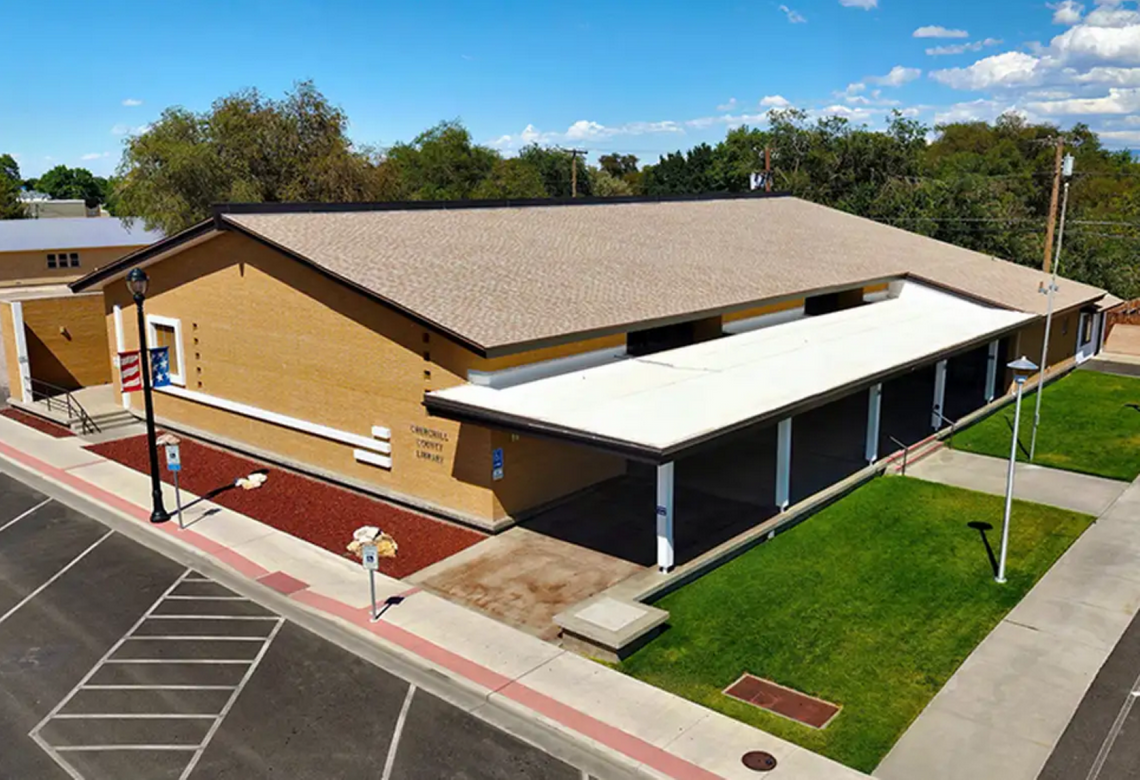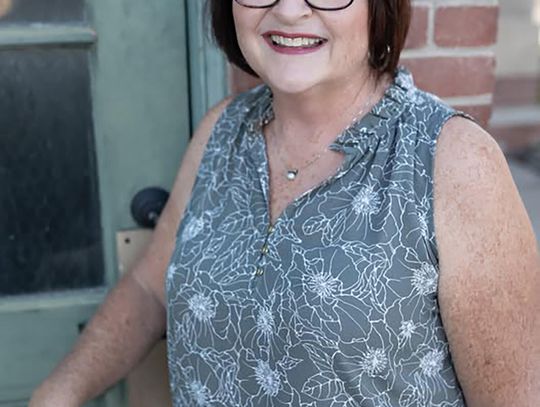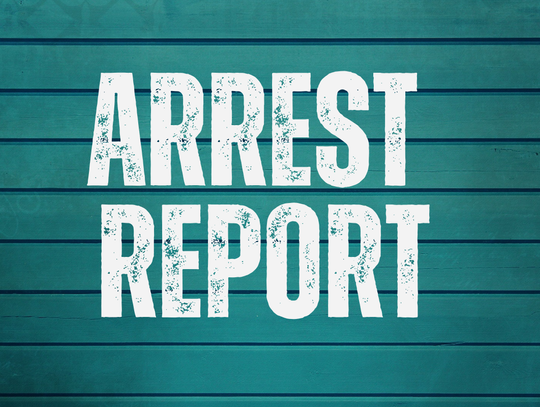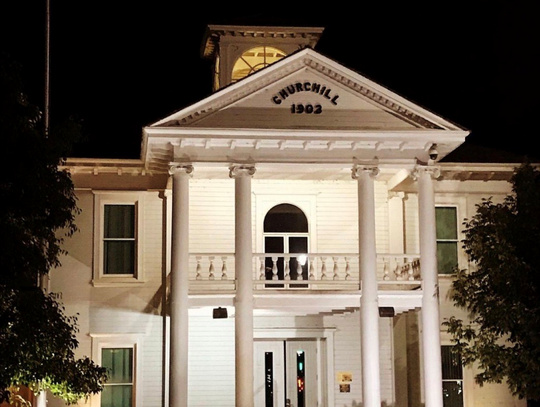Three candidates sat for final interviews before the Library Board of Trustees on Monday and were ranked in order of preference to fill the open position of Library Director. Allison Peyton, currently serving as the Reference Librarian for San Bernardino Community College District, came out three points ahead of Cathy Thorsen, the Library Services Manager for Mohave County Library. Vanna Bells, who serves as the branch director of the Tahoe Library for Douglas County, was the third choice.
The Board approved allowing the Human Resources department to make the offer and negotiate a salary at Step one—four level and determining a start date within 30 days of the offer.
Chris Spross, Human Resources Director, said he hopes to bring the final candidate’s name to the next Library Board meeting “if the candidate isn’t sitting in the chair next to me.”
The Library Director position is one of the two positions in the county that requires actions to be taken in a public meeting. Both the Library Director and County Manager are appointed by the Library Board and the County Commission, respectively, and thus, any actions, including interviews, are done in public.
Each interview on Monday was scheduled to take 75 minutes, and each candidate answered the same 17 questions formulated by the HR Director, interim director Carol Lloyd, and the board members and submitted questions to the public. Retired Library Director Lloyd returned to assist the Library Board and the County after the previous director, C.L. Quillen, was terminated earlier this summer.
The three candidates were chosen from a field of 11 applicants, narrowed to five through interviews over Zoom with Spross and Lloyd. According to Spross, several questions during the interviews had been asked in the first interview, but he felt the board should ask and hear those answers in person.
During the interview, Peyton shared her views on programming, after-school issues with the middle school, her experience with budgets, and her position on censorship and intellectual freedoms with the library board members. She has experience dealing with middle school students after school and worked to solve a similar situation in a former position.
“We worked with local law enforcement on the problems affecting students at home that spilled over into school that spilled over into the library. We had a strong Unattended Minor policy as well as a Patron Behavior policy, and when they were violated, there were consequences. Yes, the library is public, but you can’t keep us from doing business for the public,” Peyton said.
She is a strong supporter of technology and, as a current teacher of basic research methods, has explored and supports utilizing and teaching the community about ChatGPT and its potential benefits and cautions. “People will come to the library wanting to learn,” she said.
Regarding censorship and the balance between intellectual freedom and community values, Peyton has extensive experience dealing with reconsideration processes when books and materials are challenged and feels having a solid policy to guide the collection is essential. She has worked closely with community members who have concerns about specific books and feels that communication with the public and the board is critical to solving any issues.
Budgeting, managing employee resources, and fundraising come second nature to Peyton, who believes it important to cross-train her staff and participate in fundraising activities. She supports library cooperatives that provide more materials to patrons but is aware of the downfalls when technology and computer systems fail and how to overcome those challenges with paper check-outs when necessary.
She has extensive experience dealing with the social services side of libraries and believes the library's number one policy is to protect patron privacy. She believes in a diverse collection of materials and the importance of broad collection development. “Our job is to serve the community as a whole; if you don’t like it, you don’t have to read it,” Peyton said.
Although she is not yet ready for retirement, Thorsen and her husband are making plans for when they do retire and want to be in Nevada when they do. She said her management style is to lead by example and make it easy for her employees to do their jobs. “I believe in the work we do and how we support each other. I’m very good at communication. I can have hard conversations, but I believe in encouraging my team,” Thorsen said. “Community engagement is important – outreach is my jam.”
When it comes to programming, she does not believe interaction with the community is ever a failure, and it sometimes takes trying different things to find sustainable success. She sees the afterschool issue with the middle school as a built-in opportunity for engaging a captive audience. “We get respect by giving respect; we give these kids a voice, redirect them, and be consistent. They need to know they can’t run amok in the library.” She said she reads a lot of Young Adult literature and feels she can connect with students that way.
Technology is a significant opportunity to engage the community, and as the library, there is a responsibility to help people use technology in their lives. In relating her position on challenges with censorship and intellectual freedom, “there is a line that librarians should not cross. It is not in our ethics.” Having a solid policy to follow is essential. Thorsen said the policy supports the library when there are issues, and educating parents is critical. “You can choose what your child reads, but you can’t choose what someone else’s child reads.”
Vanna Bells provided cautious and thoughtful remarks during her interview, citing data and research to support her answers. “Your community needs a strong librarian here. I’ve looked at your Strategic Plan and the ideas for expansion, and can bring my experience with fundraising, advertising, and grant writing to this community.”
Bells said her leadership style is to listen and follow up, develop and practice, collaborate, and credit as she directs her team to work as a family. “We need to be there for each other and the community.”
Regarding the middle school after-school issue, she said she was concerned about how the library handles the matter. “The library is supposed to be open to all.” She said that when kids are unruly, something else is usually going on. “Maybe they’re hungry, and we need to see about a food closet situation, and they need snacks. We need to be open to all; we need to get to know them, having an unattended minor policy, and working with the school district and law enforcement at the table.”
She said that having barricades in the parking lot gave the impression of being unwelcoming.
A technology plan is key to meeting the digital divide, and knowing your community is essential for addressing censorship issues. “Douglas County cannot do the kinds of things Washoe County can. There will be no Drag Queen Story Hour in Douglas,” Bells said. “Having solid policies in place aids with difficult challenges.”
The interviews can be viewed on the Churchill County YouTube channel at youtube.com/watch?v=CB_8x84aoaw.










Comment
Comments